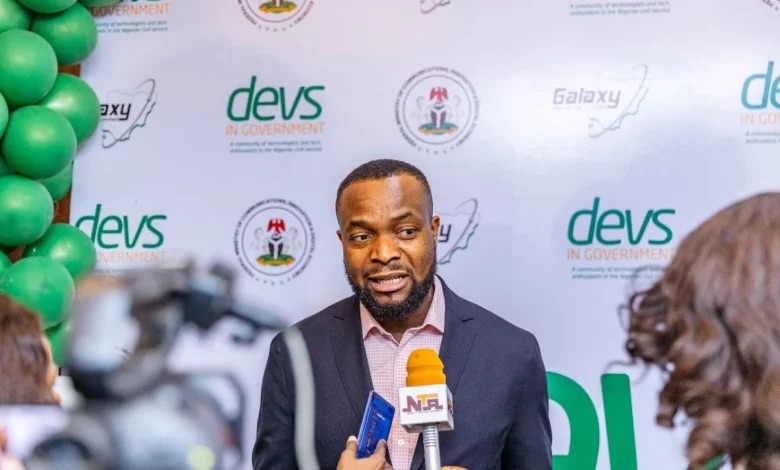Nigeria to invest $2bn in expanding fibre optic network

The Nigerian government plans to invest $2 billion to expand its fibre optic network by 90,000km, boosting digital infrastructure nationwide.
The federal government of Nigeria has announced plans to invest $2 billion to expand the country’s fibre optic network by an additional 90,000 kilometres, a move aimed at significantly boosting the nation’s digital infrastructure.
This initiative was revealed by the minister of communications, innovation, and digital economy, Bosun Tijani, during a visit to the vandalised Digital Innovation Park in Kano on Monday.
The Digital Innovation Park, which was scheduled to be commissioned in August, suffered severe damage in the same month when protesters raided and set the facility on fire.
Despite this setback, Tijani highlighted the government’s commitment to expanding Nigeria’s fibre optic network from its current 35,000 kilometres to 125,000 kilometres, thereby strengthening the country’s terrestrial fibre optic backbone.
In a statement issued on Tuesday, Tijani explained the significance of the project, saying that it would enhance private sector involvement in Kano’s growing digital economy.
“To support this vision, the ministry of communications, innovation, and digital economy is committed to deepening Nigeria’s digital backbone,” the minister said.
Tijani also stressed the importance of collaboration with the state government to simplify investment processes for private companies.
“Through the National Broadband Alliance, and in collaboration with the Kano State Government, we are simplifying the process for private infrastructure companies to invest in Kano’s digital economy.
This partnership would facilitate further investment in connectivity, ensuring that key institutions like schools, hospitals, and public offices are connected, enabling Kano to become a true digital hub.”
He further elaborated on the broader impact of the initiative, noting the opportunity for Nigeria to emerge as a global player in technology development. “This is our moment to become a net exporter of technology talent, while also strengthening our own local industries,” Tijani said.
As part of this drive, Tijani discussed the federal government’s “Three Million Technical Talent” (3MTT) programme, aimed at equipping three million Nigerians with digital and technical skills by 2025.
“This initiative would create a pipeline of technical talent across Nigeria, helping the ministry achieve its goal of making the country a net exporter of talent,” he explained.
Tijani noted that over 300 young people from Kano are already participating in the programme, the highest number of participants from any region in Nigeria.
Addressing the vandalism of the Digital Innovation Park, Tijani announced that IHS Towers, one of the world’s largest developers of shared telecommunications infrastructure, would assist in the restoration of the facility.
He described the park as “a symbol of Kano and Nigeria’s aspiration to lead in the global digital economy,” underscoring the importance of the digital economy to the nation’s future.





